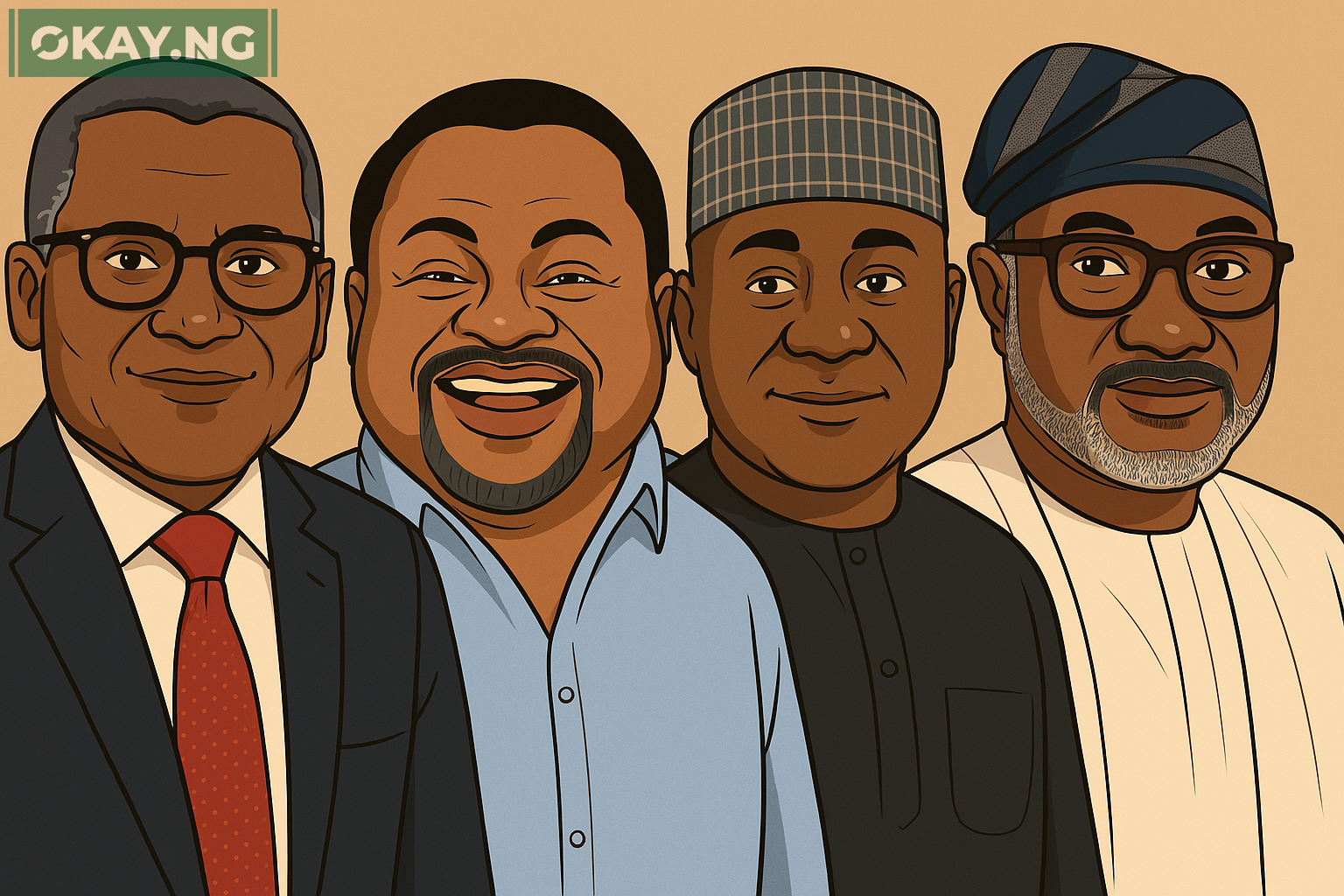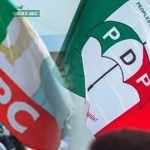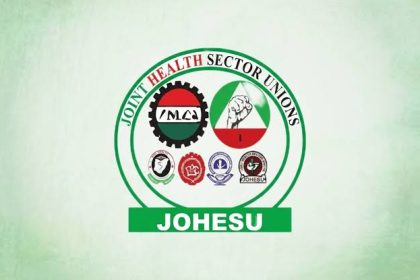Nigeria’s economy is powered by a mix of listed giants and family-owned conglomerates that build factories, finance trade, run telecom networks, and move goods across the country.
This 2025 ranking highlights the richest family-owned businesses in Nigeria, focusing on operating scale, asset depth, diversification, headcount, and national impact.
Okay.ng reports that these groups remain central to jobs, infrastructure, and export earnings.
What counts as family-owned here
For this list, family-owned means a company where founding families retain majority control or decisive influence, even when some subsidiaries are listed or have external investors. Rankings reflect business scale and contribution rather than individual net worth.
Methodology in brief
- Factors considered: multi-year revenue footprint, asset base and capital projects, workforce size, nationwide reach, export capacity, and resilience across cycles.
- Time frame: performance and footprint visible by August 2025.
- Scope: companies founded and controlled by Nigerian families with substantial Nigerian operating assets.
Top 20 Richest Family-Owned Businesses in Nigeria
| Rank | Business group | Founding family | Core sectors | Why they rank |
|---|---|---|---|---|
| 1 | Dangote Industries | Dangote | Cement, refinery, fertilizers, sugar, salt, logistics | Largest private industrial asset base in West Africa, nationwide distribution and exports |
| 2 | BUA Group | Rabiu | Cement, sugar, foods, ports, mining | Fast-growing cement and foods platforms with major greenfield investments |
| 3 | Globacom Holdings | Adenuga | Telecoms, submarine cable, enterprise solutions | National mobile network with regional footprint and strong cash flows |
| 4 | Chagoury Group | Chagoury | Construction, real estate, marine works, hospitality | Landmark urban projects and heavy civil engineering capacity |
| 5 | Dantata Family Enterprises | Dantata | Energy, agro-processing, construction, trading | Multi-entity footprint in downstream energy, large-scale agriculture and infrastructure |
| 6 | Ibru Organization | Ibru | Fisheries, hospitality, media, agro-industrial | Historic conglomerate with enduring assets and brand heritage |
| 7 | Coscharis Group | Maduka | Autos, agriculture, tech distribution, finance | Deep auto franchise network and mechanised farming investments |
| 8 | Innoson Group | Chukwuma | Vehicle manufacturing, plastics, logistics | Indigenous auto manufacturing with integrated plastics and components |
| 9 | SIFAX Group | Afolabi | Ports and terminals, shipping, aviation services, logistics | Strategic terminals and nationwide logistics ecosystem |
| 10 | Emzor Group | Okoli | Pharmaceuticals, medical supplies, FMCG | Large-scale pharma manufacturing with expanding regional reach |
| 11 | Zinox Group and Konga | Ekeh | Technology, e-commerce, manufacturing | Tech hardware platforms and integrated e-commerce marketplace |
| 12 | Stallion Group Nigeria | Vaswani | Autos, rice and agro, FMCG, steel | Wide production and distribution footprint serving mass markets |
| 13 | Nestoil Group (Obijackson) | Azudialu-Obiejesi | Oil and gas EPC, pipelines, power | Major engineering projects and strategic energy infrastructure |
| 14 | Rainoil Group | Ogbechie | Downstream energy, storage, retail, LPG | Nationwide depots and retail outlets with midstream capability |
| 15 | Dozzy Group | Chukwudozie | Lubricants, plastics, terminals, logistics | Integrated manufacturing and coastal logistics assets |
| 16 | Eleganza Group | Okoya | Plastics, furniture, property, lifestyle | Iconic manufacturing brand with large industrial park assets |
| 17 | Aiteo Group | Peters | Oil and gas, power | Significant upstream and midstream energy operations |
| 18 | Peace Group | Onyishi | Transport, logistics, real estate, education | Countrywide passenger and cargo network with training assets |
| 19 | BOVAS & Company | Samson | Downstream energy, retail, logistics | Efficient fuel retail network and regional transport capacity |
| 20 | T.Y. Holdings | Danjuma | Investments, real estate, shipping, oil and gas | Diversified portfolio with long horizon capital and governance |
Note: This is an editorial business ranking, not a personal rich list. Figures reflect group operating scale and asset depth visible in 2025.
Snapshot profiles of the top five
1) Dangote Industries
A multi-decade industrial buildout spanning cement plants, a massive refinery and petrochemicals complex, fertilizer, and nationwide logistics. Its scale, export capacity, and employment footprint keep it at number one.
2) BUA Group
A high-growth rival in cement, sugar, and foods with active investments in new lines and capacity expansions. Strong distribution and efficient plants drive rapid market share gains.
3) Globacom Holdings
A fully Nigerian telecoms champion with national coverage, submarine cable capacity, and enterprise services. Consistent cash generation and infrastructure ownership anchor its position.
4) Chagoury Group
Specialists in heavy construction, coastal engineering, and landmark urban projects, plus hospitality assets. Scale and technical depth in large civil works place it in the top tier.
5) Dantata Family Enterprises
A network of family-controlled companies across energy, agro-processing, construction, and trading. The breadth of assets and enduring merchant legacy sustain its ranking.
Why family groups still dominate key sectors
Family groups move fast on long-horizon projects, reinvest cash flows, and operate integrated value chains. Their advantages include patient capital, local relationships, and the ability to pivot during currency and policy cycles. As open banking, domestic manufacturing, and infrastructure concessions expand, these families remain central players in job creation and import substitution.
How to read this ranking
- It measures business power rather than celebrity wealth.
- It favours groups that build factories, pipelines, terminals, towers, and distribution networks.
- It recognises heritage brands that continue to modernise and export.
FAQs
Is a listed subsidiary still family-owned
Yes if the founding family retains decisive control through a parent holding company or a controlling stake.
Why are some well-known brands not listed
Some are state-owned, fully publicly controlled, or not primarily Nigerian family-controlled even if they operate at large scale.
Will this list change
Yes. New capacity in energy, cement, logistics, manufacturing, and tech can shift rankings. We review footprints and capital projects as they become visible.







